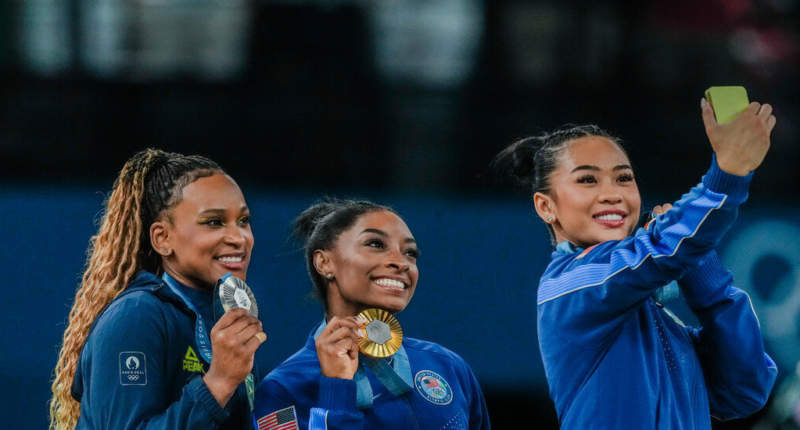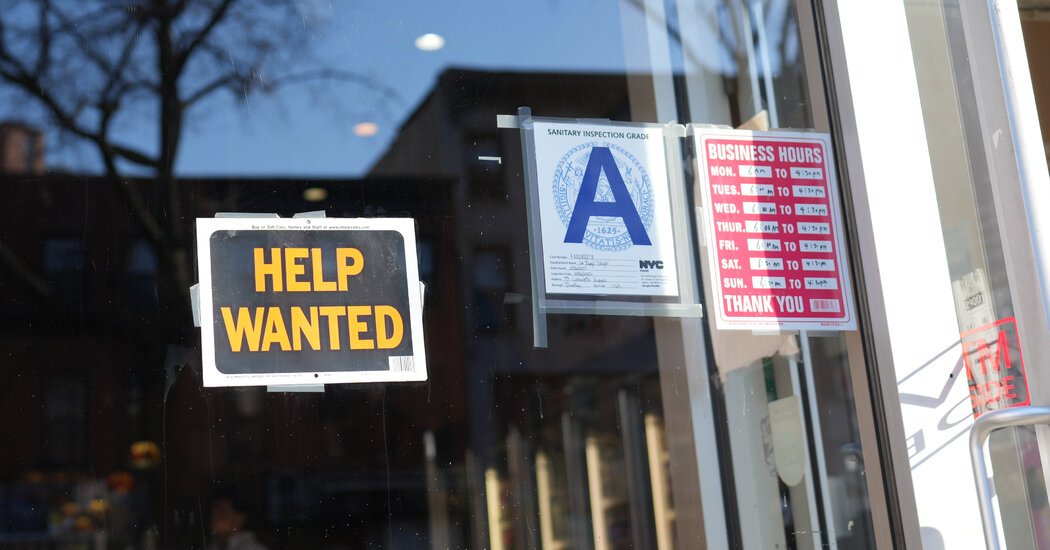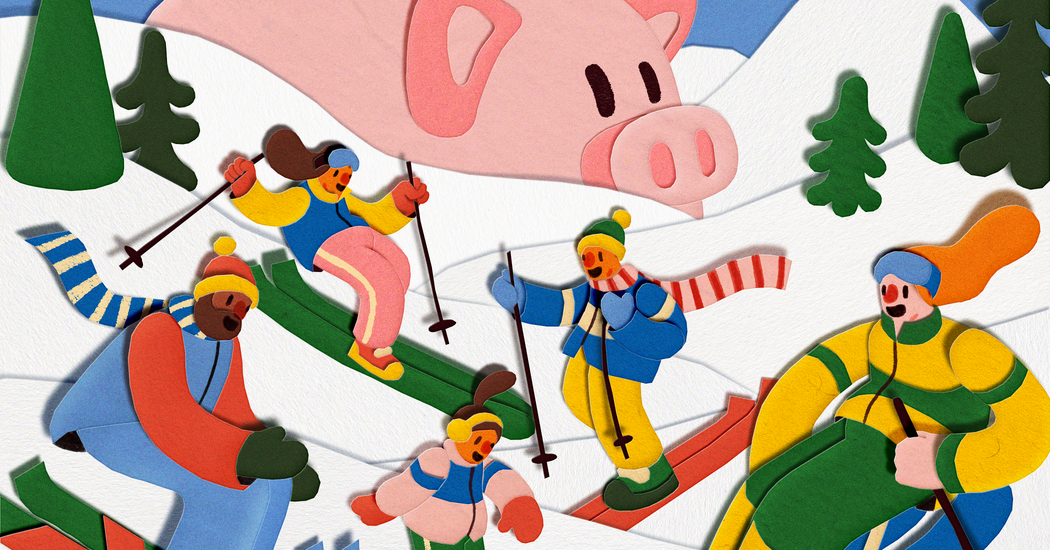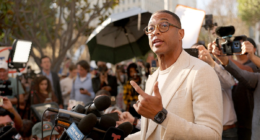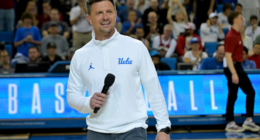Just moments after the American wrestler Sarah Hildebrandt won a gold medal at the Paris Games, she let the whole world know what she was thinking:
“Oh my gosh I just won the FREAKING OLYMPICS hahahahah DUUUUDE,” she wrote on social media from the event venue.
The post may seem like something athletes always do. But at the Olympics, it’s part of a new twist — and one of the keys to returning to the sense of a shared national experience that defined the Games of yesteryear.
For the last decade or more, it has seemed like the Olympics have struggled to capture relevance the way they did a generation ago. Blame was assigned to a fracturing media landscape and a long string of asterisks (pandemic restrictions in Tokyo, time zone issues in Beijing, a Zika outbreak in Rio de Janeiro, geopolitical tensions in Sochi).
But the reason may have been simpler: The Olympics has largely been missing from social media. The closely guarded intellectual property of “the Olympic rings” meant video from the Games was posted only in limited ways, with broadcasters worried that they would run afoul of strict rules or anxious that they would cannibalize their own broadcasts.
New, more lenient social media rules for athletes announced ahead of the Paris Games and a rethink among broadcasters — as well as the ability of social media companies to geofence certain content — appear to have changed virtually everything.
And audiences are cheering.
Athletes can now “create personalities just like any influencer would,” said Apolo Ohno, the eight-time Olympic medalist in short-track speedskating. “It’s unlike anything before.”
